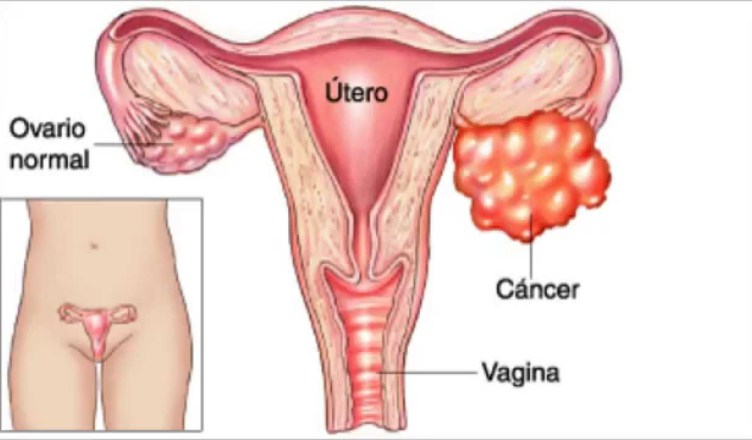Ovarian cancer is a disease that develops in the ovaries. It occurs most frequently in women aged 50 to 70.
If the cancer has not spread to other regions, it is possible to extract only the ovary and fallopian tube on the same side. In cases where the cancer has already spread to other areas of the body, it may be necessary to remove both ovaries, uterus, lymph nodes and other surrounding structures that may be affected.
If the cancer has already spread to other organs in the body, a cure is very difficult.
Chances of Cure
The chances of cure and survival depend on the severity of the cancer, the type of cancer, the patient's age, general health and the body's response to chemotherapy and surgery.
Symptoms
Symptoms are nonspecific and felt at an advanced stage of the disease. They can be: Pressure or pain in the abdomen, back, pelvic region or legs; Swollen belly or feeling of a full stomach; Nausea, vomiting, gas, constipation or diarrhea; Tiredness; Shortness of breath; Constant urge to urinate; Irregular menstruation; Vaginal bleeding outside of the menstrual period.
When these symptoms occur, you should consult a gynecologist to assess the situation through examinations.
Diagnosis
Diagnosis is difficult, because it does not always present symptoms at an early stage. Therefore, it is carried out through observation of the symptoms mentioned above and tests such as: blood, ultrasound, computed tomography and biopsy.
The blood test is generally done in the presence of the substance CA-125, which is present on the surface of cancer cells and which, in high concentrations, can be a sign of cancer.
Risk factors
The risk factors for ovarian cancer are: Family history, Personal history, Age over 55 years old; Never having been pregnant and Hormone replacement therapy during menopause.
Treatment
Treatment involves the use of medication and, sometimes, radiotherapy and/or surgery to remove part or all of the breast. After surgery, radiotherapy and/or chemotherapy may be indicated to destroy any remaining cancer cells. If it is necessary to remove the breast, the woman can also place a silicone prosthesis in the area, so that she feels that her image and self-esteem will improve.

